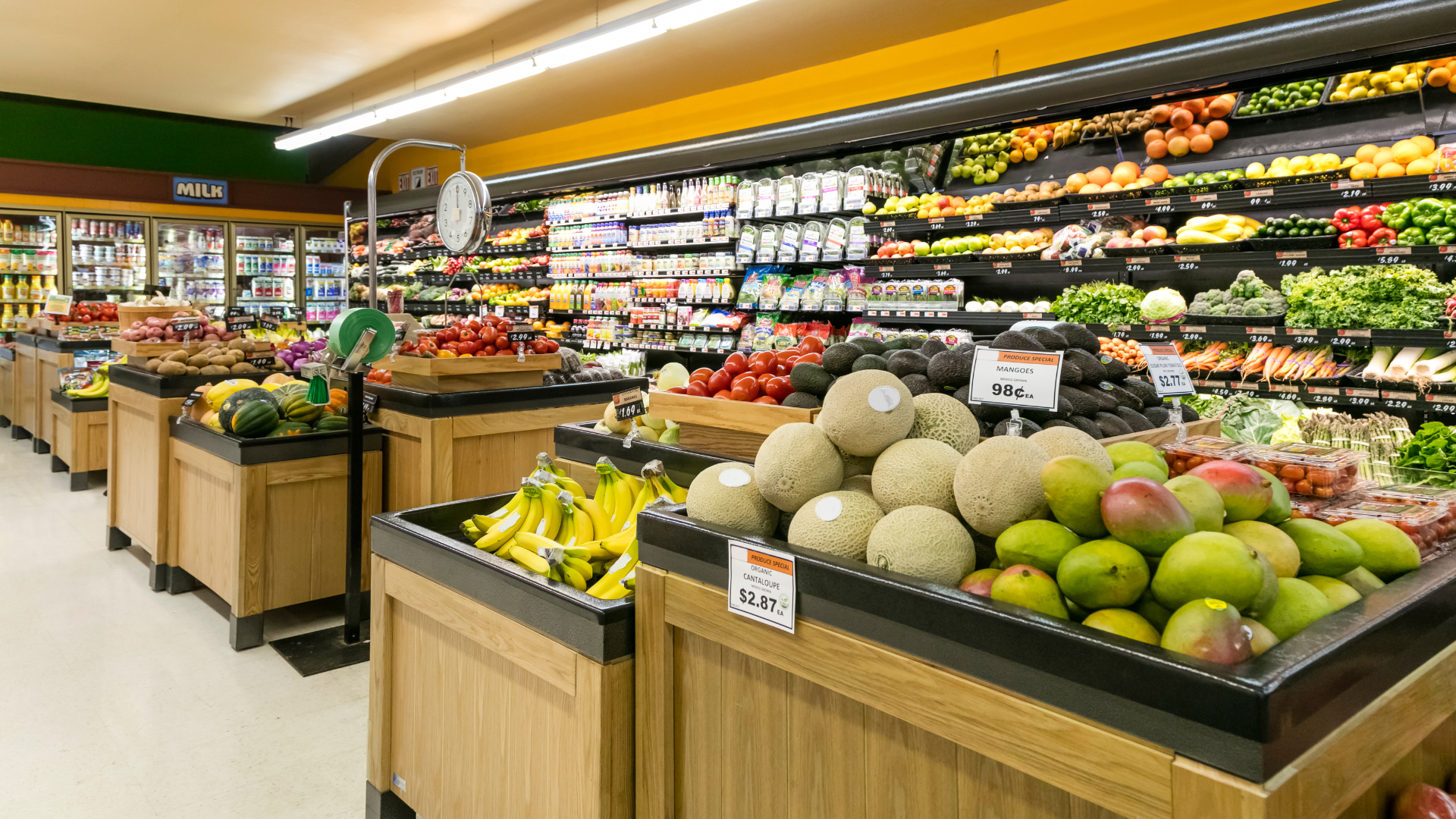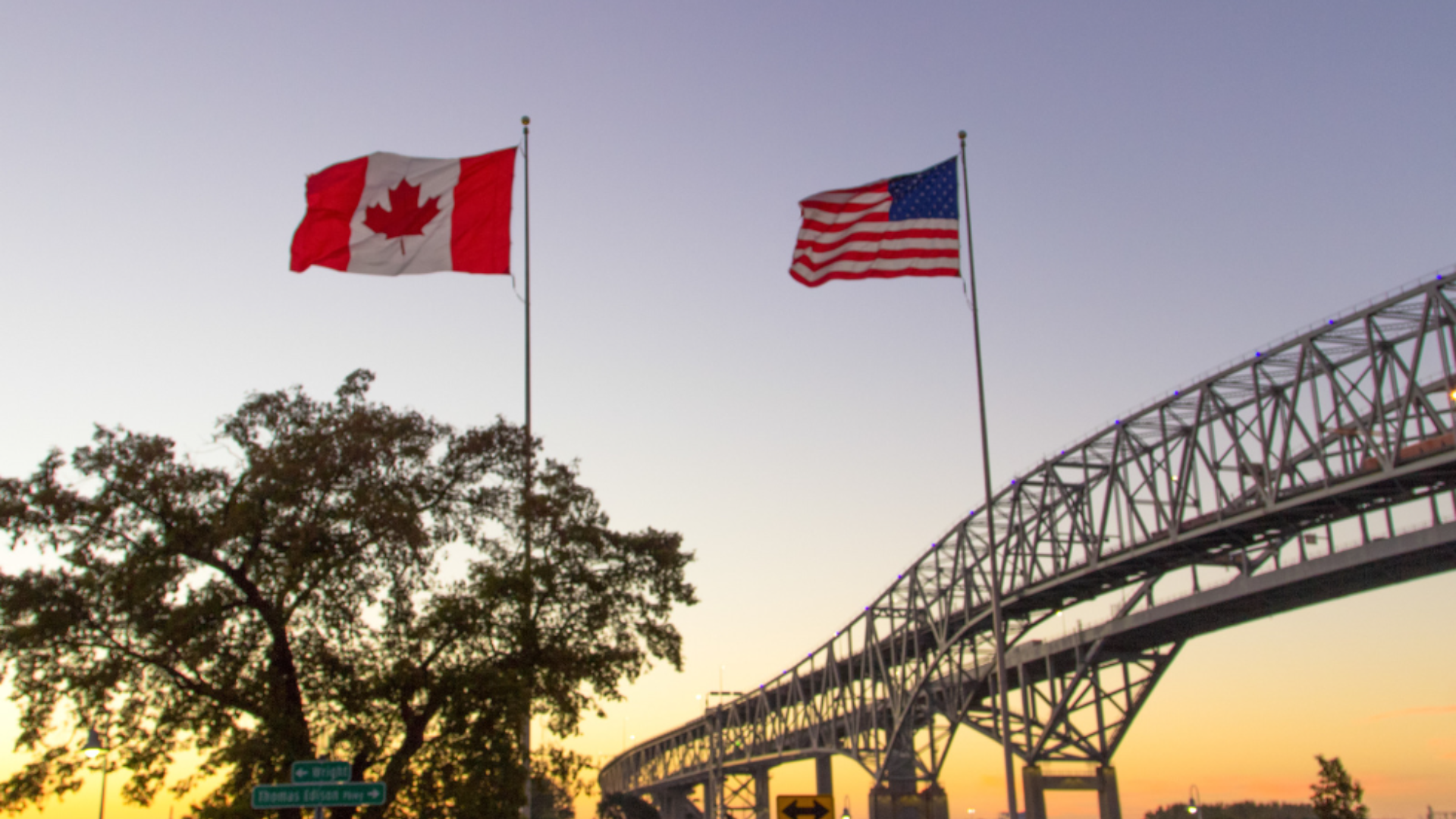STRATEGIC MANAGEMENT STRATEGIC PLAN | RESEARCH AND SCHOLARSHIP
Explaining the Buy Canadian movement: Q&A with expert François Neville
March 17, 2025 ·
Contributed by: Matt Innes-Leroux

Canadians are increasingly seeking out domestic goods in response to the trade war between Canada and the United States triggered by President Donald Trump’s tariffs. But replacing American products with Canadian-made goods is harder than it seems, says François Neville, associate professor of strategic management at the DeGroote School of Business.
“In general, participating in boycotts and ‘buycotts’ is not a costless endeavor for people to commit to,” says Neville. “If we look at it in terms of the competitive forces that shape industries and competition, the notion of ‘switching costs’ can help us understand why.”
“This emotional response to President Trump’s tariffs and remarks about Canada has increased people’s willingness to take on a little bit of extra work or increase their efforts to facilitate that switch; that is, it’s costing them more in terms of money, time and effort, but it seems they are motivated to bear these costs.”
We spoke with Neville about the challenges and opportunities presented by the Buy Canadian movement.
What factors have historically discouraged Canadians from prioritizing domestic products?
There might be a Canadian product that is comparable to an American product, that product might be less expensive or more expensive, but beyond simply the price of the product, there’s also a certain level of work that might have to go into switching. That might involve driving a little bit further, or searching a little bit harder, and doing extra research to find out what is truly a Canadian product versus an American product that is produced in Canada, and so on, and deciding where you draw that line.
President Trump’s continued antagonism toward Canadians seems to have created added motivation for people in terms of their willingness to incur that cost or take time to do research around what products are Canadian, and which ones are not. Similarly, it seems like Canadian retailers have also responded by making it easier for people to identify Canadian products.
Why do you think Canadians have reacted so strongly to the Trump administration’s threats to Canada’s economy and sovereignty?
One factor that seems to stand out above others is that a big part of the Canadian collective identity is built on being distinctly non-American. It’s difficult to explain exactly what that means. But when rhetoric from the U.S. President is trying to lump Canada in with the U.S. and trying to make it seem like it’s just sort of a natural extension of the U.S., a lot of people seem to take issue.
Second, I think that Canadians do feel like they have been partners with the United States in a wide array of endeavours, whether it’s economic, like the integration of our supply chains, or on geopolitical issues, like standing with them on the battlefield. When you feel like you’ve been a partner in a relationship and you have contributed to it to the best of your abilities, to essentially be accused of being a freeloader or a cheater when it comes to trade is something that I think a lot of people bristle at as well.
What kind of opportunities has the Buy Canadian movement created for Canadian companies?
It presents an interesting opportunity for a lot of Canadian companies to try and play up the Canadian nature of their products or their Canadian ties. Interestingly, companies that are not necessarily Canadian are also playing up those Canadian ties. For example, Tim Hortons has once again doubled down on the notion of being “proudly Canadian,” although they’re largely owned by a Brazilian-American conglomerate.
There are a lot of companies that have always tried to place an emphasis on having a representation of Canadian products. One example is Farmboy, which distinguished Canadian products in their stores. Shoppers may not have even noticed this before, until they were cued to see it.
But it’s also not necessarily a costless opportunity. A lot of businesses are going to have to try and balance that fine line of chasing this potential opportunity with customers while also trying to control the costs of doing so.
How will tariffs effect average consumers in both Canada and the United States?
There’s no getting around the fact that tariffs being imposed on Canada will negatively impact the average Canadian. The cost of certain products will go up. It will also impact the average American. Will it hurt the Canadian economy more than the American economy? Probably, but it will hurt both economies and unnecessarily so.
Can shoppers prioritizing Canadian products really make a difference?
It’s difficult to say, because it seems that is going to vary based on product categories and certain types of industries. We have categories of products where there is a Canadian equivalent that is readily available at a comparable price. There are other categories of products where it isn’t as easy to find a Canadian alternative like when we’re looking at fresh fruits, vegetables, meats and so on.
The Buy Canadian movement does seem to be gaining traction, so I would say it will have some impact, but how big that impact will be remains to be seen.















